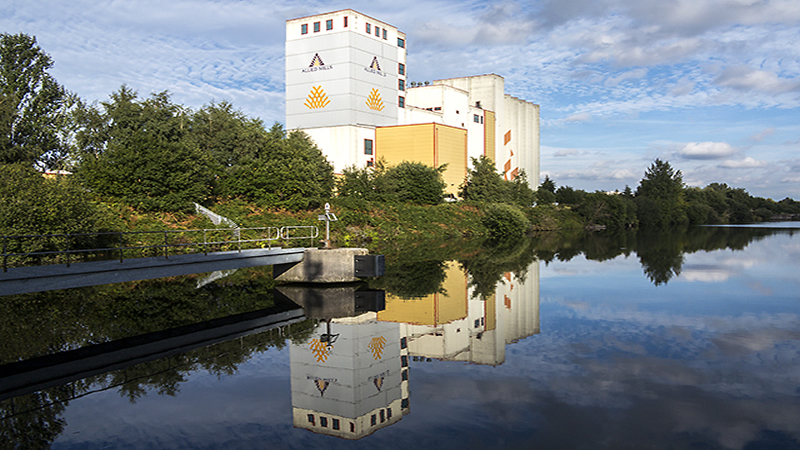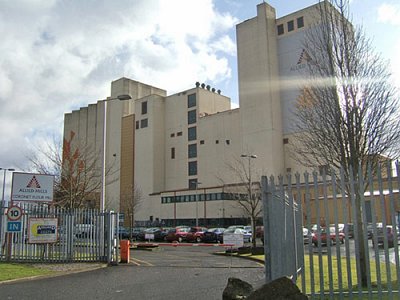History


Food Investments Limited was established in 1935 and quickly expanded, focusing primarily on the bakery sector. Unable to secure flour of the right quality, quantity, and price, the group, led by its founder Garfield Weston, began acquiring numerous small independent millers across the UK.
By 1964, the company had not only changed its name to Associated British Foods but had also grown into the world’s largest bakery, supported by Allied Mills. On the back of this remarkable success, Allied Mills had become one of the world’s largest millers, producing 19,000 tonnes of flour each week.
Throughout the 1970s, 80s, and 90s, Allied Mills invested in state-of-the-art, purpose-built mills to meet the growing demands of the market. By the turn of the millennium, the company was supplying over 1 million tonnes of flour annually.
In 2003, Allied Mills sold its British third-party flour milling business, allowing it to focus on flour milling for group companies and the production of durum semolina.
In March 2006, Allied Mills re-entered the third-party flour milling business on a smaller scale than before, but with a highly efficient integrated flour and semolina milling operation, streamlining flour supplies to its customers in an increasingly competitive market.



